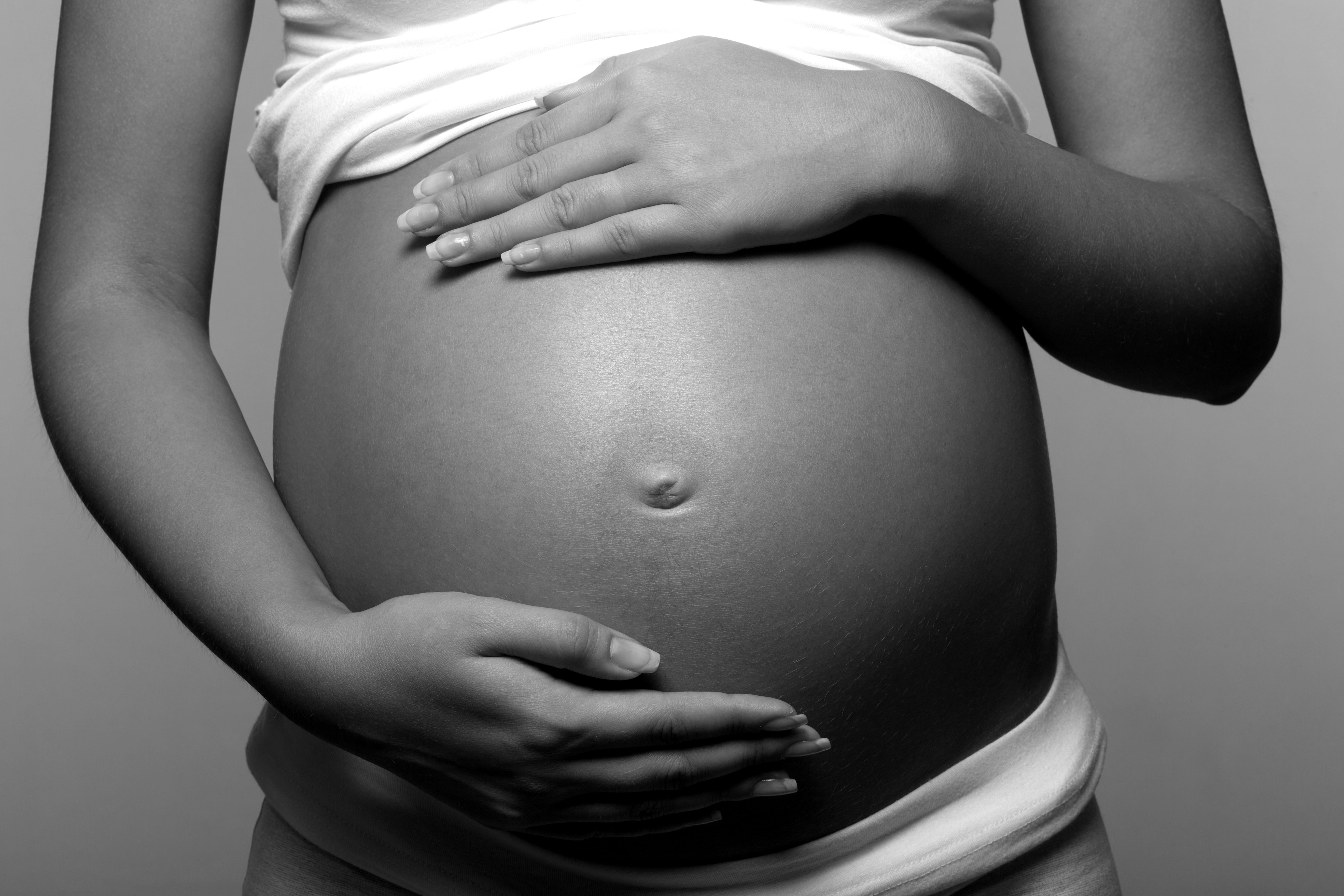Article
Study: Presence of Community Support Person During Labor, Birth Reduces Likelihood of Obstetric Racism for Black Patients
Author(s):
The data were published during Black Maternal Health Week.
New research published in the Annals of Family Medicine has found that the presence of a community support person during labor reduces the likelihood of obstetric racism experienced by Black patients during hospitalization for labor, birth, and immediate postpartum.1
Credit: BillionPhotos.com - stock.adobe.com

Racism during labor and birth significantly contributes to heightened maternal mortality and morbidity for Black women. CDC data show that Black women are 3 times more likely to die from a pregnancy-related cause than White women, with contributing factors including quality health care, underlying chronic conditions, structural racism, and implicit bias. Social determinants of health also prevent many people from racial and ethnic minority groups from having adequate opportunities for economic, physical, and emotional health.2
In the new study, 37 Black cisgender women with a prior hospitalization for labor, a live birth, and immediate postpartum during 1 continuous episode of care participated in in-person, qualitative focus groups. Additionally, 806 additional participants completed online surveys, and participants shared birthing experiences across 348 hospitals from Washington, DC, and 34 states.1
Investigators measured 3 domains of obstetric racism using the PREM-OB Scale: humanity, kinship, and racism in the form of anti-Black racism and misogynoir, defined as the weaponization of societal stereotypes and scripts in service provision that reproduce gendered anti-Black racism in the hospital setting. Humanity was defined as violation of safety and accountability, autonomy, communication, and empathy, while kinship was defined as denial or disruption of community and familial bonds that support Black people giving birth.1
Participants also documented whether they were accompanied by a community support person, which the investigators defined as an individual present throughout labor, birth, and postpartum care and with no hospital affiliation.1
According to the findings, scores across all 3 domains of obstetric racism were higher in the group with no community support person present. The analysis also found a greater decrease in disruption of kinship with the presence of a community support person during hospitalization for childbirth.1
The study’s findings suggest a growing need for Black birthing communities, hospitals, health plans, quality improvement and implementation scientists, and community advocates, in order to recognize the added value of community support persons throughout the Black birthing experience.1
“As physicians whose ethics of care prioritize patient, family, and community health and well-being, we strongly believe family medicine physicians can utilize their voice and power to activate and amplify the agency and self-efficacy of Black birthing people in choosing the type and number of people they desire and deserve to be present with them during childbirth hospitalization,” the authors wrote.1
When working to improve Black maternal mortality and morbidity rates, health care providers can engage with patients to better understand things that may be affecting their lives and can educate patients and their families about urgent maternal warning signs and when to seek medical attention. Clinicians should also recognize and work to eliminate unconscious bias in themselves and their workplaces.2
The data were published during Black Maternal Health Week, which takes place annually from April 11 to 17.1
References
- Lett E, Hyacinthe MF, Davis DA, Scott KA. Community Support Persons and Mitigating Obstetric Racism During Childbirth. Ann Fam Med 21(2):21;2. doi:10.1370/afm.2958
- Working Together to Reduce Black Maternal Mortality. Centers for Disease Control and Prevention. April 3, 2023. Accessed April 14, 2023. https://www.cdc.gov/healthequity/features/maternal-mortality/index.html
Newsletter
Stay informed on drug updates, treatment guidelines, and pharmacy practice trends—subscribe to Pharmacy Times for weekly clinical insights.






